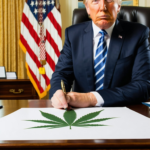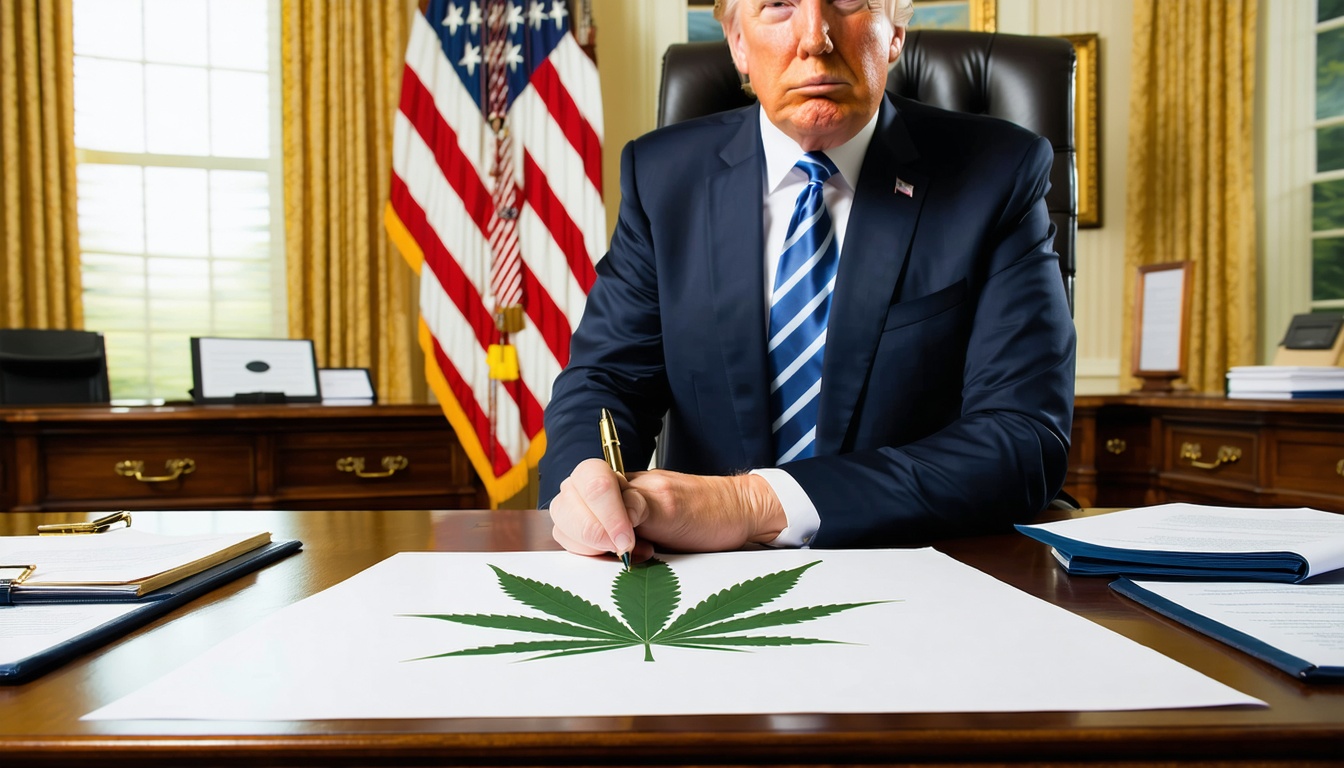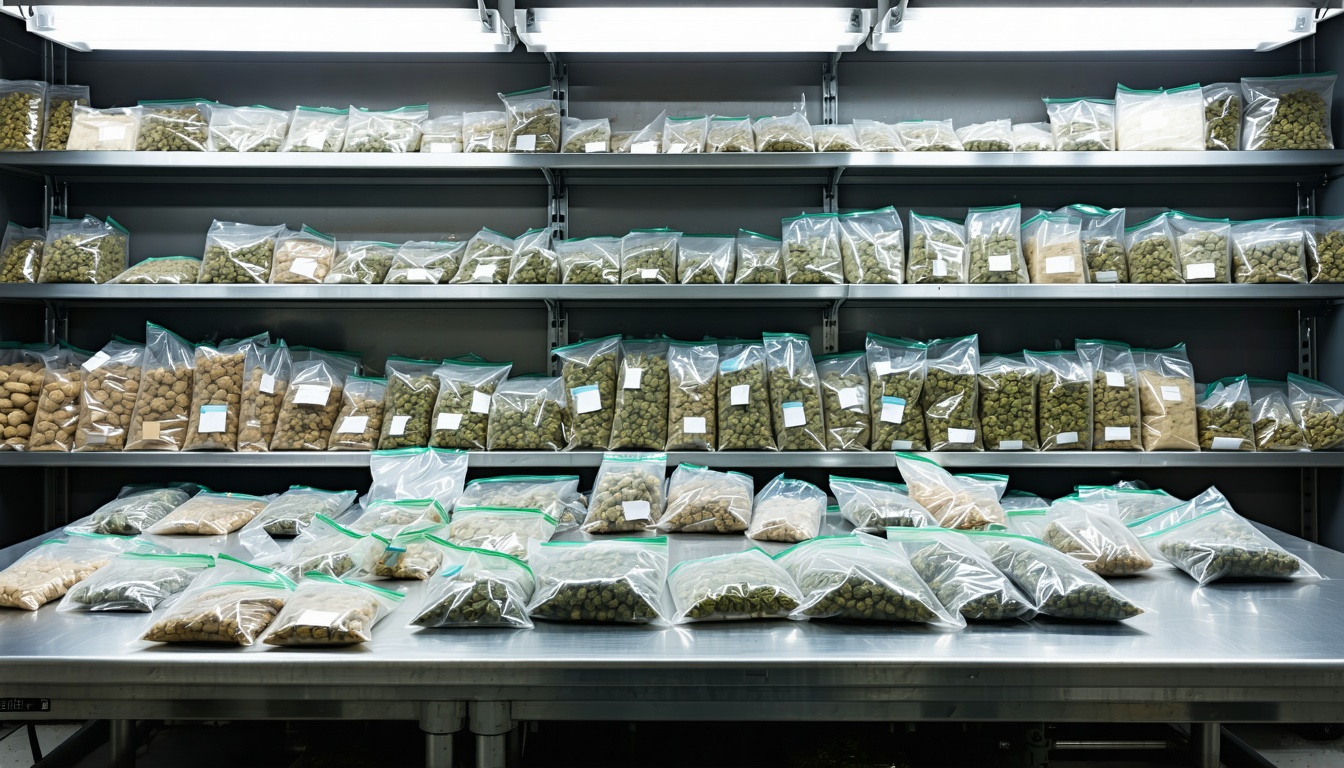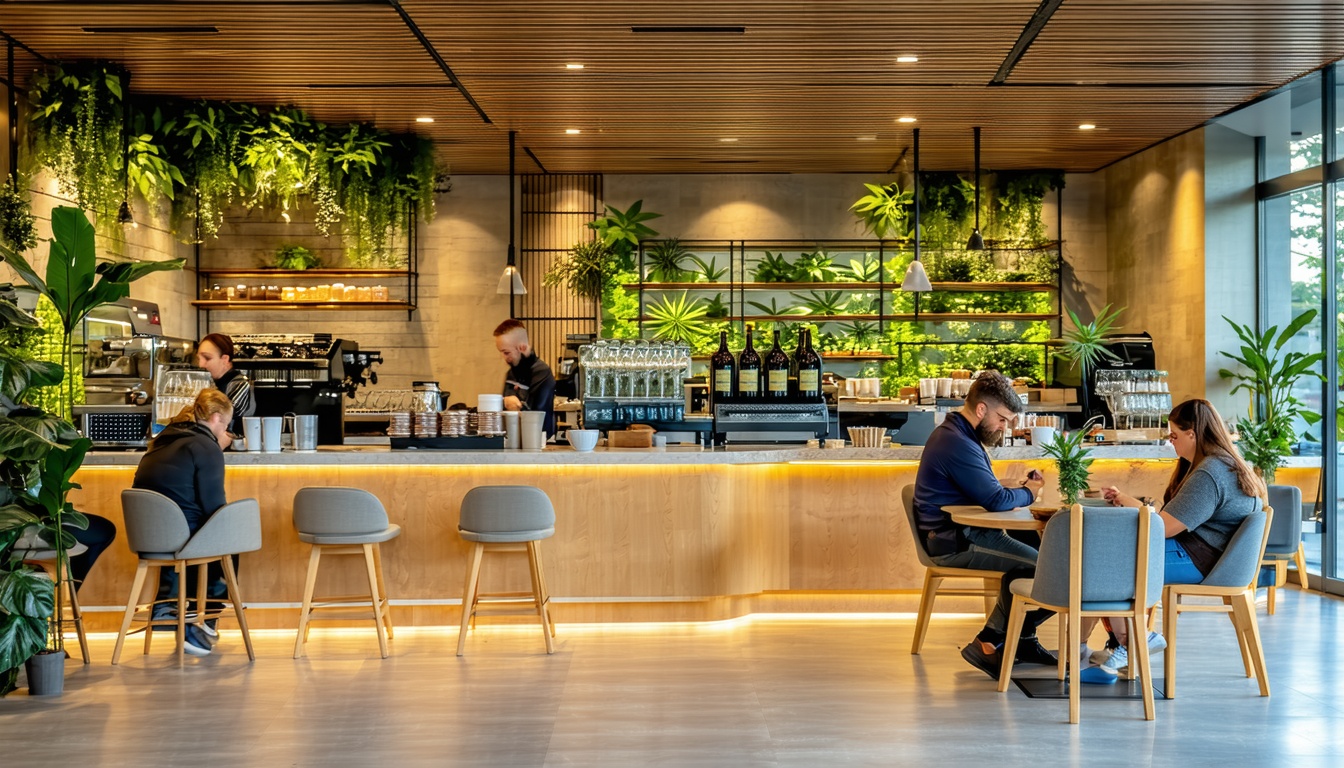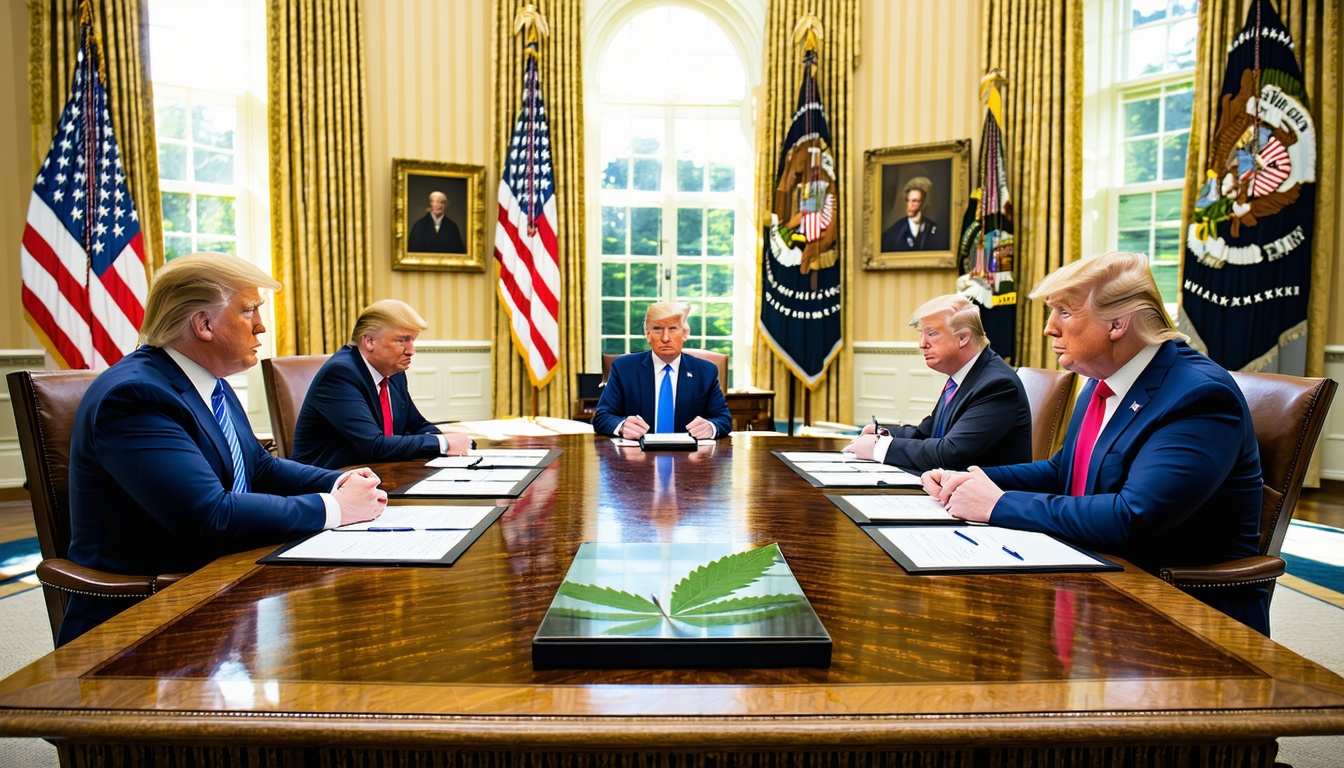This November, voters in several states will have the opportunity to shape the future of marijuana and psychedelic drug use. From recreational use to medical purposes, the ballot initiatives will determine whether these substances will be legalized, regulated, or remain illegal.
Former President Donald Trump has announced his support for a Florida ballot initiative that would legalize the recreational use of marijuana. Trump believes it’s time to end unnecessary arrests and incarcerations for small amounts of marijuana and wants to implement smart regulations to ensure safe and tested products.
Vice President Kamala Harris has also weighed in on the issue, advocating for the federal legalization of marijuana. She believes it’s time to stop criminalizing the behavior and recognize the need to legalize it.
Currently, 24 states and Washington D.C. have legalized recreational marijuana use, while 38 states and D.C. have legalized medical marijuana use. Two states, Oregon and Colorado, have legalized specific use of psychedelic drugs and natural plant medicines.
Here’s a breakdown of the ballot initiatives that will be on the ballot this November:
* Florida: Amendment 3 would amend the state constitution to legalize marijuana use for non-medical purposes for adults 21 years and older. Individuals would be able to possess up to 3 ounces of marijuana, with up to 5 grams in the form of concentrate.
* Massachusetts: Question 4 would amend state statute to allow residents ages 21 and older to possess and consume specific psychedelic substances in their homes or for therapeutic purposes at licensed facilities under supervision.
* Nebraska: Initiative 437 and 438 would adopt a state statute to legalize the use of a certain amount of medical marijuana for qualified patients and establish a commission to regulate the medical marijuana program.
* North Dakota: Measure 5 would amend state statute to legalize recreational use with possession limits and allow some individuals to grow a certain amount of marijuana plants.
* South Dakota: Measure 29 would amend the state statute to legalize recreational marijuana use for adults 21 years and older, with limits on the amount a person can possess.
The fate of an Arkansas citizen-led initiative that seeks to expand provisions of its medical marijuana program rests with the Arkansas Supreme Court over signature disputes.
Voters will have the opportunity to shape the future of marijuana and psychedelic drug use in their states this November.


